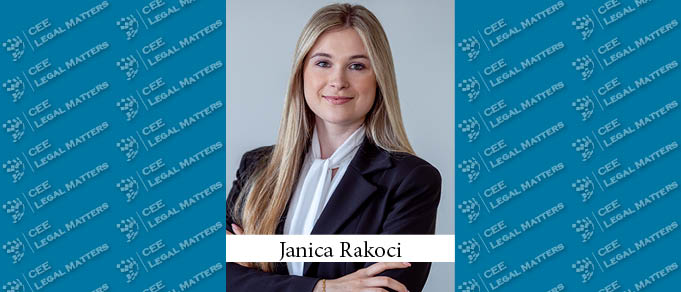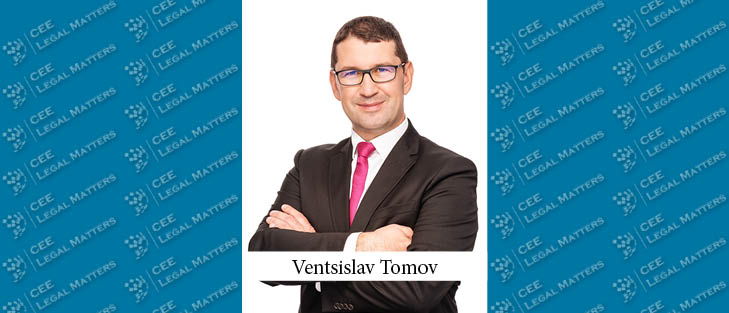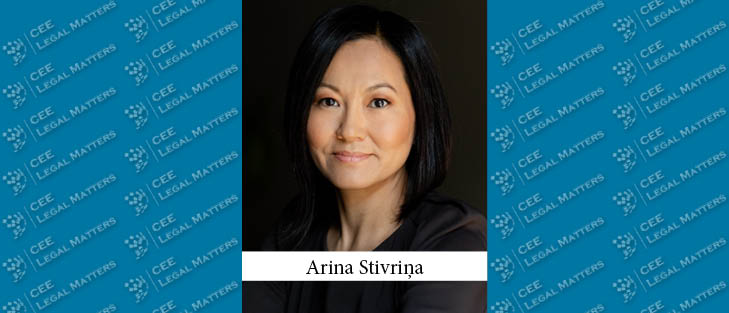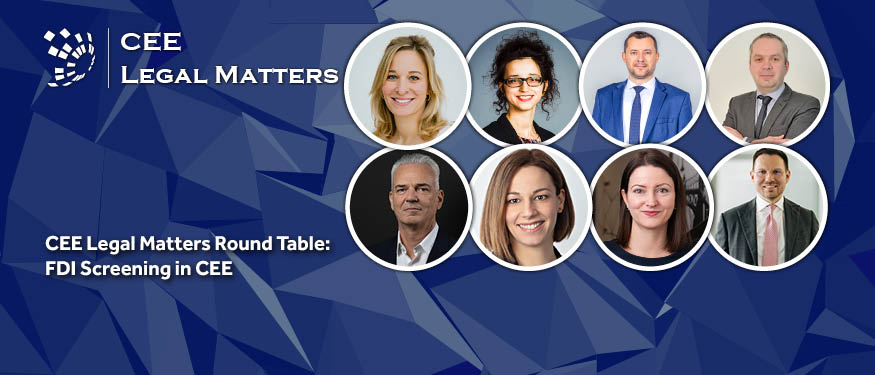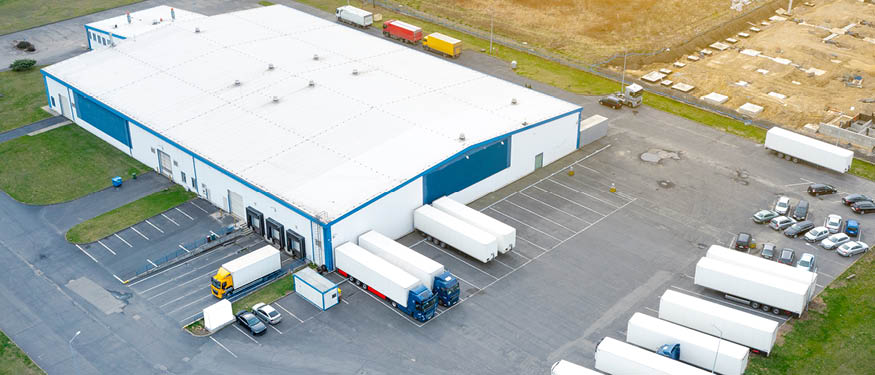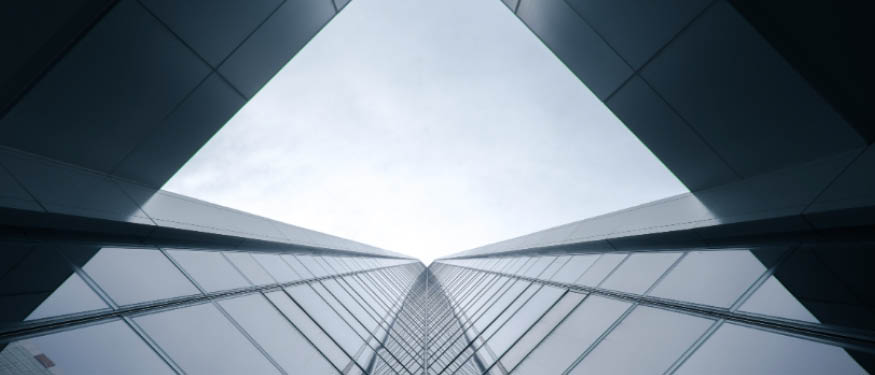Harmonized rules ensuring smooth functioning of the EU Digital Internal Market finally have finally come into existence. Instead of 27 different legal requirements there will be only one set of rules regulating digital market and services in the EU –namely, the Digital Markets Act and the Digital Services Act.
In this article we will briefly deal with the Digital Markets Act (DMA) which stands for Regulation on contestable and fair markets in the digital sector officially published on 12 October 2022.
The DMA introduces ex ante measures aimed at preventing market failures caused by gatekeepers’ anti-competitive behaviour in the digital sector across the Union. This means that businesses offering their services online will now have easier access to the whole EU market and consumers will have a bigger variety of products and services offered.
According to DMA, gatekeepers, in a nutshell, are platforms big enough to possibly control key channels of distribution, e.g., Google, Amazon, Facebook, Twitter or Instagram. An important point to keep in mind is that DMA is applicable even to gatekeepers not headquartered in the EU, provided they offer services to EU citizens. The mitigating circumstance for gatekeepers in DMA application throughout Member States, on the other hand, is that Member States are generally prohibited from imposing additional obligations to gatekeepers.
Some of the key obligations prescribed under articles 5, 6 and 7 that the gatekeepers have to comply with are:
- allowing business users to offer the same products or services to end users through third-party online intermediation services at prices or conditions that are different from those offered through the online intermediation services of the gatekeeper;
- having fair, reasonable, and non-discriminatory general conditions of access for business users to gatekeepers’ software application stores, online search engines and online social networking service;
- applying transparent, fair, and non-discriminatory conditions in ranking and related indexing and crawling, of services and products offered by the gatekeeper itself and similar services or products of a third party;
- allowing and technically enabling end users to easily un-install any software applications on the operating system of the gatekeeper (except applications essential for the functioning of the operating system or of the device). For example, Android users would now be able to un-install Google Photos app from their phone, however, iOS users could affect system functionality if apps such as App Store, Camera, Messages are deleted; and
- ensuring interoperability of number-independent interpersonal communications services (e.g. WhatsApp and Viber).
In order to ensure compliance with the DMA, the gatekeepers should appoint at least one compliance officer for these purposes and report them to the EU Commission.
Non-compliance with the DMA can result in fines which range from 1% to as much as 20% of gatekeeper’s total global income in the preceding financial year.
Finally, the gatekeepers should be careful to take the DMA into consideration very soon since some provisions are already applicable (those regulating the powers of the European Commission) whereas others will come into force on 2 May 2023.
By Janica Rakoci, Associate, Ostermann & Partners

